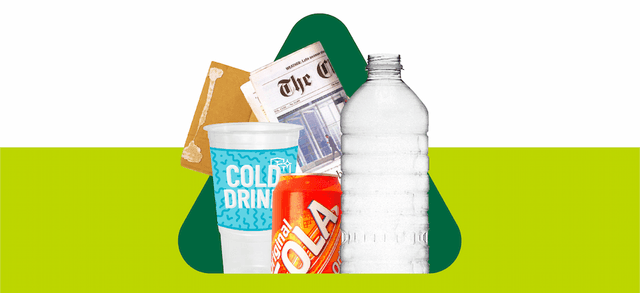If you’re wondering what is recycling or how to recycle properly, check below to learn everything from recycling basics to expert tips.
Recycling 101
Stick to these three rules to recycle more efficiently and help ensure that everything in your recycling bin finds a second life.
*Recyclable items vary by location. Check local programs to find out what is recyclable in your area.
Recycling Guide
What Can Be Recycled
Always check local programs to confirm what's recyclable in your area. For a quick overview of the basics, download What's Recyclable.
Recycling & Sustainability Services
See how WM can help you contribute to a more sustainable tomorrow.


